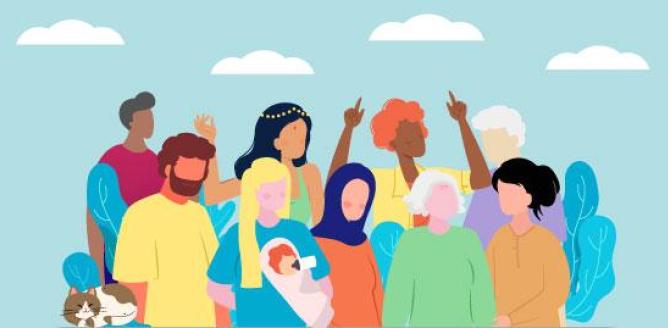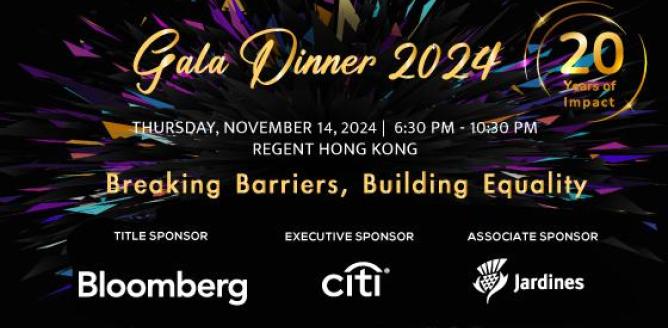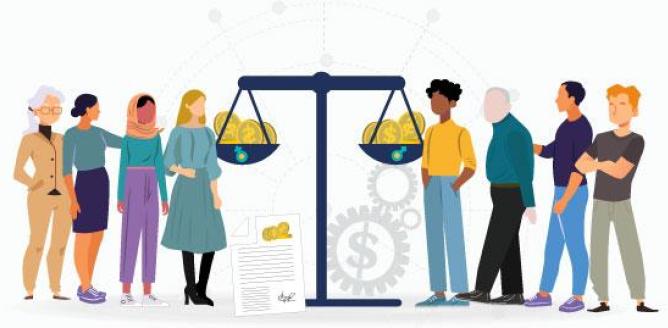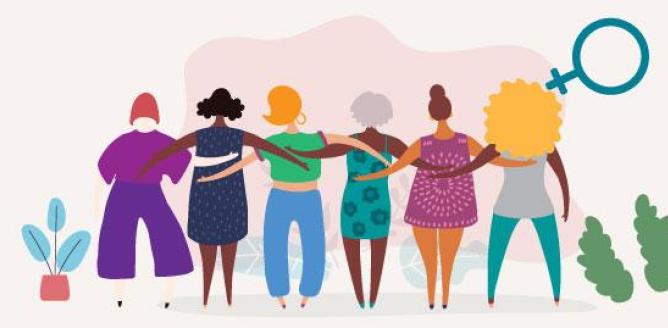Yesterday marked the UN’s International Day for the Elimination of Racial Discrimination, to raise awareness of the marked prevalence of racism across the globe and its deleterious impact on the individuals and communities it harms; equally important, it also serves to remind us of the ways in which eradicating this would benefit all of us.
People of colour face systemic barriers in education, employment and justice, and are disproportionally represented in lower income groups, with poorer health outcomes. Hong Kong is no exception, with people from ethnically diverse backgrounds facing a range of issues from education and housing to employment and microaggressions. We know from working with ethnically diverse students in our TEENForGood Initiative that Chinese language fluency is a key barrier that affects their academic and daily lives. The Equal Opportunities Commission recently reported the troubling finding that almost a quarter of people surveyed agreed with the statement ‘South Asians are capable of performing limited types of work’ clearly indicating we have far to go in dismantling stereotypes and biases about people from certain races.
Racism intersects with other forms of discrimination including gender. In the workplace, racism still holds women of colour back. A global survey from Deloitte recently found that while gender discrimination impacts most women at work, women in ethnically diverse groups are significantly more likely to experience microaggressions than the majority population.
Women from ethnically diverse backgrounds are also promoted in fewer numbers than their majority female counterparts. They are also more likely to feel burned out, much more likely to experience someone else taking credit for their ideas and to have felt excluded, patronised or undermined because of their gender, than women in their country’s ethnic majority.
A lack of career opportunities or progression is often cited as a reason for women leaving a company or career and an important factor in the lack of women in leadership and decision-making roles. Women from ethnically diverse groups feel this even more acutely, stating that they feel less optimistic about their careers than they did a year ago.
It matters because there is a lack of women, and particularly of women from ethnically diverse groups, in positions of leadership and decision making. Being underrepresented in these positions means that their voices are not heard nor are they reflected in decisions or policy, perpetuating a vicious cycle.
So what can we do as employers and individuals to encourage greater racial inclusion?
- For individuals, The Zubin Foundation’s Anti-Racism Toolkit and RESOLVE’s Every Day Actions for Equality in Hong Kong, offer contextually relevant information to both educate ourselves and identify the ways in which we can take action (if you’re stuck, check out these six relatively simple actions).
- For employers, Harvard Business Review presents a roadmap from root-cause analysis, to cultivating empathy and making a clear commitment and action plan. Bain & Co. offer a tripartite model of belonging, support and trust to advance racial equity at work. These are two of many resources available online – we recommend browsing the library of Racial Equity Tools which has over 4,000 resources.
- For those of us who are championing women’s empowerment and gender equity, we must recognise that tackling racism and other forms of discrimination are inextricably linked to achieving these goals, and integrate this into our work and communications.
At TWF, we are listening and learning from ethnically diverse individuals and organisations in our community, and aim to be inclusive in both our language and approach.
How will you integrate racial equity into your work or everyday life?
Get in touch at Fiona.Nott@twfhk.org.





















